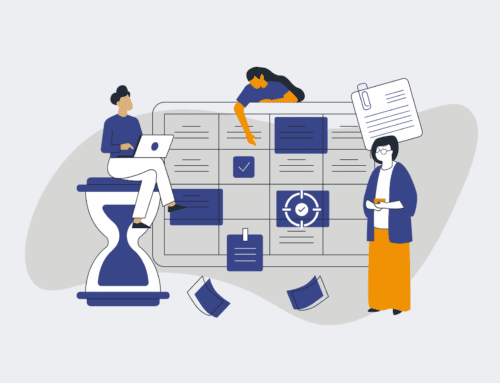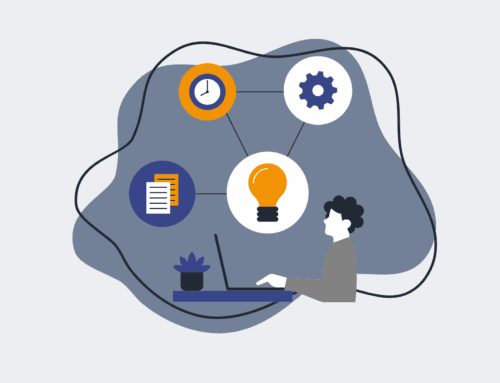The Ethical Imperative: Ensuring Fairness in AI-Driven Candidate Screening
In the rapidly evolving landscape of talent acquisition, Artificial Intelligence (AI) has emerged as a powerful tool, promising unprecedented efficiency and scale. From sifting through countless resumes to conducting initial candidate assessments, AI-driven solutions are reshaping how organizations identify and onboard talent. However, with great power comes great responsibility. The ethical implications of deploying AI in such a critical human process are paramount, particularly concerning fairness and bias. For forward-thinking HR leaders and COOs, the question isn’t whether to adopt AI, but how to ensure its implementation upholds the highest standards of equity and integrity.
The Double-Edged Sword of Algorithmic Efficiency
AI’s ability to process vast amounts of data at speed is undeniably attractive. It can reduce time-to-hire, lower recruitment costs, and potentially uncover hidden talent pools. Yet, the algorithms powering these systems are only as unbiased as the data they are trained on. Historical hiring data, often reflecting societal biases, can inadvertently be codified into AI models, perpetuating and even amplifying discrimination. This is not a theoretical concern; instances of AI systems favoring certain demographics or penalizing others based on non-job-related factors have already made headlines. Such outcomes don’t just damage reputations; they carry significant legal and operational risks, undermining an organization’s commitment to diversity and inclusion.
Unpacking the Sources of Bias in AI Recruitment
To ensure fairness, we must first understand where bias originates. It typically stems from several areas:
- Training Data: If the dataset used to train the AI reflects historical hiring patterns that favored specific groups (e.g., predominantly male, specific ethnic backgrounds, or graduates from particular institutions), the AI will learn to associate these characteristics with “success.”
- Algorithmic Design: The features an algorithm prioritizes can inadvertently introduce bias. For example, analyzing linguistic patterns in resumes might penalize candidates who speak with certain accents or have non-traditional career paths.
- Human Oversight (or Lack Thereof): Without continuous monitoring and human intervention, AI systems can drift, developing new biases or exacerbating existing ones over time.
The core challenge is that AI, left unchecked, can systematically exclude qualified candidates based on factors irrelevant to job performance. This not only contravenes ethical principles but also deprives businesses of diverse perspectives and essential skills, hindering innovation and growth.
Building Ethical AI into Your Talent Acquisition Strategy
At 4Spot Consulting, we believe that AI should serve as an enabler of fair and efficient processes, not a substitute for human judgment and ethical consideration. Our approach to integrating AI into HR and recruiting automation systems focuses on building robust, transparent, and bias-mitigated solutions. It starts with strategic planning, moving beyond off-the-shelf solutions to custom-tailored implementations that align with your organizational values and regulatory requirements.
Through our OpsMap™ diagnostic, we help identify current inefficiencies and potential bias points in existing recruitment workflows. We then leverage this understanding in OpsBuild™ to design and implement AI-powered systems that are engineered for fairness. This involves:
- Diverse Training Data: Actively curating and auditing training datasets to remove historical biases and ensure representation across various demographics.
- Bias Detection & Mitigation Tools: Implementing AI tools specifically designed to identify and flag potential biases in candidate scoring or ranking.
- Explainable AI (XAI): Prioritizing systems that can articulate *why* a particular decision was made, rather than operating as opaque “black boxes.” This transparency is crucial for accountability and continuous improvement.
- Human-in-the-Loop Processes: Ensuring that human recruiters and hiring managers remain central to critical decision-making points, using AI insights as a complement, not a replacement.
- Regular Audits and Calibration: Establishing protocols for ongoing monitoring and auditing of AI performance to detect and correct any emerging biases.
Imagine an HR tech client we assisted, who was drowning in manual resume parsing and candidate matching. While implementing an automated solution using Make.com and AI enrichment to sync data to their Keap CRM, we meticulously focused on the ethical configuration of the AI. By systematically defining job-relevant criteria and continually refining the AI’s learning parameters, we helped them save over 150 hours per month while simultaneously improving the diversity and quality of their candidate pools. This wasn’t just about efficiency; it was about building a system that was both fast and fair. They went from feeling overwhelmed by manual work to having a system that just works—ethically.
The Future of Fair AI in Hiring
The ethical imperative to ensure fairness in AI-driven candidate screening is not merely a compliance issue; it’s a strategic advantage. Organizations that prioritize ethical AI will not only mitigate legal risks but also foster a stronger employer brand, attract a broader range of talent, and cultivate a truly diverse and innovative workforce. The intelligent evolution of talent acquisition demands a proactive, strategic approach to AI implementation—one that champions fairness, transparency, and human oversight. It’s about designing systems that genuinely reflect your commitment to equal opportunity, transforming the promise of AI into a tangible reality for every candidate.
If you would like to read more, we recommend this article: The Intelligent Evolution of Talent Acquisition: Mastering AI & Automation








